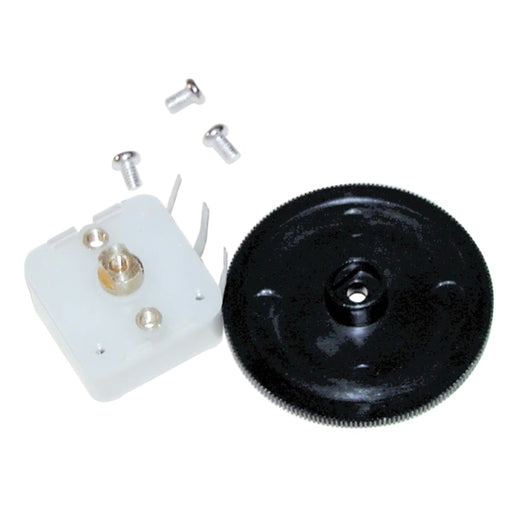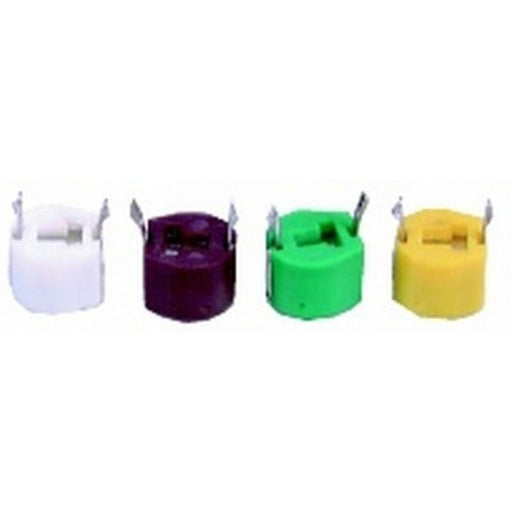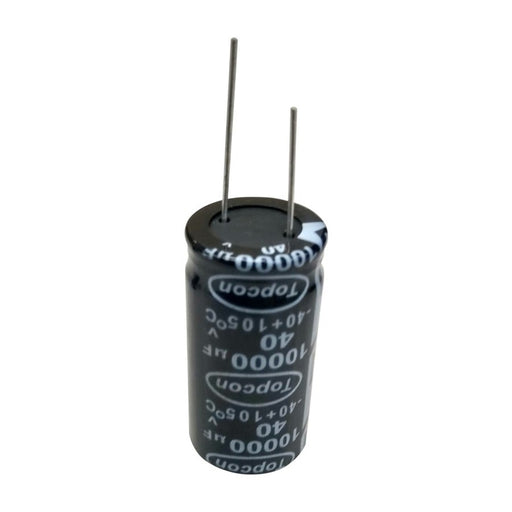To determine the size of capacitor that you need, you will need to consider the following factors:
Capacitance: The capacitance of a capacitor is measured in Farads (F). The larger the capacitance, the more energy the capacitor can store. In general, the capacitance should be chosen based on the amount of energy that needs to be stored and the voltage that the capacitor will be subjected to.
Voltage rating: The voltage rating of a capacitor is the maximum voltage that it can safely withstand. It is important to choose a capacitor with a voltage rating that is equal to or greater than the maximum voltage that it will be subjected to.
Operating temperature: The operating temperature of a capacitor should be considered, especially if the capacitor will be used in a high temperature environment. Choose a capacitor with a temperature rating that is appropriate for the operating environment.
Size and physical constraints: The size and physical constraints of the capacitor will also be important considerations. You may need to choose a capacitor with a specific size or shape to fit in a particular location or to meet other physical constraints.
To determine the specific size of capacitor that you need, you will need to carefully consider these factors and compare them to the requirements of your application. It may be helpful to consult with a technical expert or refer to technical documentation or design guides to help you select the appropriate size of capacitor.
Capacitors
Capacitors have a property known as capacitance, which is a measure of their ability to store electrical charge. Capacitance is typically measured in units of farads (F). The larger the capacitance of a capacitor, the more electrical charge it can store. Capacitors come in a wide range of sizes and types, and they are used in a variety of applications, including power supplies, filters, and oscillators.
Filters
Polyester capacitors offer good stability, a large range of values at low cost, and the most widely used capacitor for general purpos...
View full detailsAs used in most transistor radios and many kits that incorporate a radio.- Size 20mm x 20mm x 10.5mm high.- Supplied with 35mm dia. plastic kn...
View full detailsSpecifications:- Working Voltage: 50V DC- Insulation Resistance: >104Mohm min @ 250V DC- Operating Temp: - 30°C to +85- Withstand Voltage: ...
View full detailsThis style of capacitor is distinguished because, whilst bulky, does not need a chassis clamp. Fixing is by the stout lead wires. While soldered,...
View full detailsThis is not a misprint!These specially engineered capacitors are actually a high-tech energy storage device - not the standard capacitors which t...
View full detailsSuper capacitors are a standby power source capable of providing up to 30 days back-up voltage and current to CMOS RAMS during power failures. ...
View full detailsA heavy duty capacitor supplied with a chassis mount bracket to resist vibration. Connection terminals will accept spade connectors, and can als...
View full detailsPolyester capacitors offer good stability, a large range of values at low cost, and the most widely used capacitor for general purpose. Capac...
View full details85ºC rated Leakage characteristics similar to tantalum caps, but at a lower price. An electrolytic capacitor uses and electrolyte (a liquid or g...
View full details85ºC rated Leakage characteristics similar to tantalum caps, but at a lower price. An electrolytic capacitor uses and electrolyte (a liquid or ge...
View full detailsMiniature Polyester Capacitor Metalised polyester capacitors are used in applications that require long term stability at a relatively low cost....
View full detailsA monolithic ceramic capacitor consists of thin dielectric layers interleaved with staggered metal-film electrodes; after leads are connected to ...
View full detailsA ceramic capactior is a fixed-value capactior in which ceramic material acts as the dielectric. It is constructed of two or more alt...
View full detailsPolyester capacitors offer good stability, a large range of values at low cost, and the most widely used capacitor for general purpos...
View full detailsPolypropylene capacitors have a very low dielectric loss and are particularly suitable in audio circuits and sample-and-hold circuits...
View full detailsPolypropylene capacitors have a very low dielectric loss and are particularly suitable in audio circuits and sample-and-hold circuits...
View full detailsSpecifications:- Working Voltage: 50V DC- Insulation Resistance: >104Mohm min @ 250V DC- Operating Temp: - 30°C to +85- Withstand Voltage: ...
View full detailsSpecifications:- Working Voltage: 50V DC- Insulation Resistance: >104Mohm min @ 250V DC- Operating Temp: - 30°C to +85- Withstand Voltage:...
View full detailsSpecifications:- Working Voltage: 50V DC- Insulation Resistance: >104Mohm min @ 250V DC- Operating Temp: - 30°C to +85- Withstand Voltage: ...
View full details






















